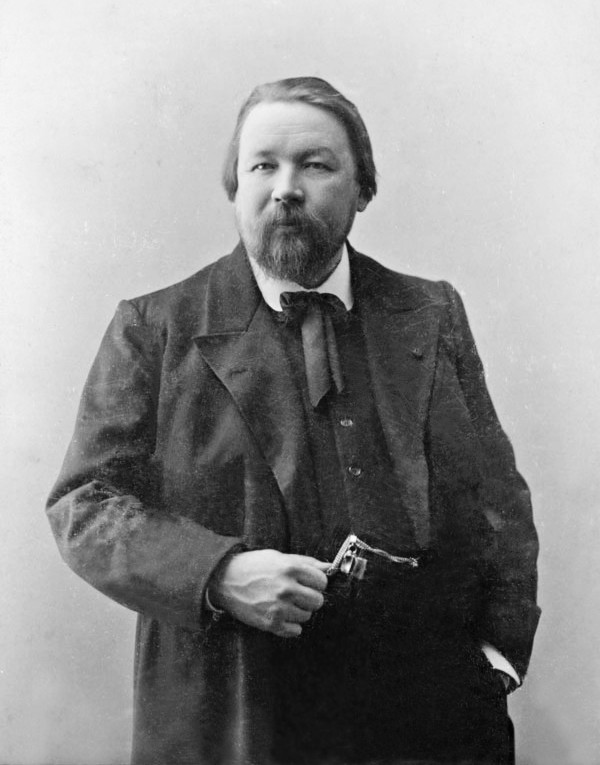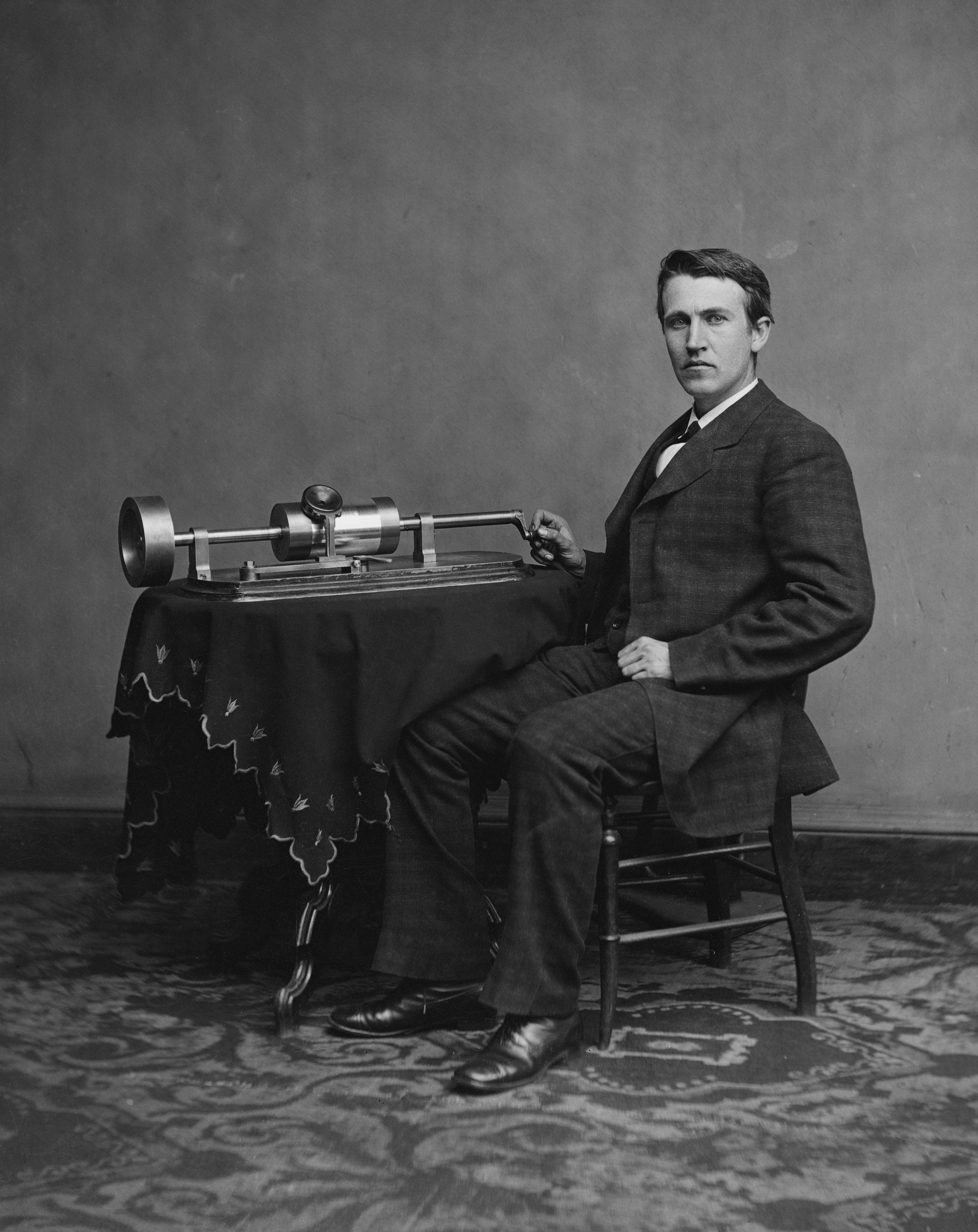|
Alexander Drankov
Alexander Osipovich Drankov (russian: Алекса́ндр О́сипович Дранко́в; 18 January 1886 – 3 January 1949) was a Russian Empire and Soviet photographer, cameraman, film producer, and one of the pioneers of the Russian pre-revolutionary cinematography. Early years The exact date of birth and birthplace of Alexander (originally Abram) Drankov are unknown. According to some accounts, he was born in southern parts of Russia in 1886. His brother Lev, who also became a cinematographer, was born in 1880 in Elisavetgrad. In the early 20th century, Drankov owned a dancing school in Sevastopol, which fed all of his family. Later on, he took interest in photography and soon became a professional in this craft. Drankov moved to Saint Petersburg, where he would earn fame for his photographic talent and be awarded the title of the Purveyor of the Royal Court of His Imperial Highness for his quality photographs of Nicholas II. Also, Drankov managed to make photographic wo ... [...More Info...] [...Related Items...] OR: [Wikipedia] [Google] [Baidu] |
Russia
Russia (, , ), or the Russian Federation, is a transcontinental country spanning Eastern Europe and Northern Asia. It is the largest country in the world, with its internationally recognised territory covering , and encompassing one-eighth of Earth's inhabitable landmass. Russia extends across eleven time zones and shares land boundaries with fourteen countries, more than any other country but China. It is the world's ninth-most populous country and Europe's most populous country, with a population of 146 million people. The country's capital and largest city is Moscow, the largest city entirely within Europe. Saint Petersburg is Russia's cultural centre and second-largest city. Other major urban areas include Novosibirsk, Yekaterinburg, Nizhny Novgorod, and Kazan. The East Slavs emerged as a recognisable group in Europe between the 3rd and 8th centuries CE. Kievan Rus' arose as a state in the 9th century, and in 988, it adopted Orthodox Christianity from the ... [...More Info...] [...Related Items...] OR: [Wikipedia] [Google] [Baidu] |
October Revolution
The October Revolution,. officially known as the Great October Socialist Revolution. in the Soviet Union, also known as the Bolshevik Revolution, was a revolution in Russia led by the Bolshevik Party of Vladimir Lenin that was a key moment in the larger Russian Revolution of 1917–1923. It was the second revolutionary change of government in Russia in 1917. It took place through an armed insurrection in Petrograd (now Saint Petersburg) on . It was the precipitating event of the Russian Civil War. The October Revolution followed and capitalized on the February Revolution earlier that year, which had overthrown the Tsarist autocracy, resulting in a liberal provisional government. The provisional government had taken power after being proclaimed by Grand Duke Michael, Tsar Nicholas II's younger brother, who declined to take power after the Tsar stepped down. During this time, urban workers began to organize into councils ( soviets) wherein revolutionaries criticized t ... [...More Info...] [...Related Items...] OR: [Wikipedia] [Google] [Baidu] |
Copyright Infringement
Copyright infringement (at times referred to as piracy) is the use of works protected by copyright without permission for a usage where such permission is required, thereby infringing certain exclusive rights granted to the copyright holder, such as the right to reproduce, distribute, display or perform the protected work, or to make derivative works. The copyright holder is typically the work's creator, or a publisher or other business to whom copyright has been assigned. Copyright holders routinely invoke legal and technological measures to prevent and penalize copyright infringement. Copyright infringement disputes are usually resolved through direct negotiation, a notice and take down process, or litigation in civil court. Egregious or large-scale commercial infringement, especially when it involves counterfeiting, is sometimes prosecuted via the criminal justice system. Shifting public expectations, advances in digital technology and the increasing reach of the Internet ... [...More Info...] [...Related Items...] OR: [Wikipedia] [Google] [Baidu] |
Vasily Goncharov
Vasily Mikhailovich Goncharov (russian: Василий Михайлович Гончаров) (1861 – 23 August 1915) was a Russian film director and screenwriter, one of the pioneers of the film industry in the Russian Empire The Russian Empire was an empire and the final period of the List of Russian monarchs, Russian monarchy from 1721 to 1917, ruling across large parts of Eurasia. It succeeded the Tsardom of Russia following the Treaty of Nystad, which ended th ..., who directed an early Russian feature film '' Defence of Sevastopol''. Filmography References External links * 1861 births 1915 deaths Film directors from the Russian Empire Male screenwriters Russian male writers Silent film directors 20th-century Russian screenwriters 20th-century Russian male writers {{Russia-film-director-stub ... [...More Info...] [...Related Items...] OR: [Wikipedia] [Google] [Baidu] |
Mikhail Ippolitov-Ivanov
Mikhail Mikhailovich Ippolitov-Ivanov (russian: Михаи́л Миха́йлович Ипполи́тов-Ива́нов; 28 January 1935) was a Russian and Soviet composer, conductor and teacher. His music ranged from the late-Romantic era into the 20th century era. Biography He was born in 1859 at Gatchina, near St. Petersburg, where his father was a mechanic employed at the palace. His birth name was Mikhail Mikhailovich Ivanov; later he added Ippolitov, his mother's maiden name, to distinguish himself from a composer and music critic with an identical name ( Mikhail Ivanov). He studied music at home and was a choirboy at the cathedral of St. Isaac, where he also had musical instruction, before entering the St. Petersburg Conservatory in 1875. In 1882 he completed his studies as a composition pupil of Rimsky-Korsakov, whose influence was to remain strong. Ippolitov-Ivanov's first appointment was to the position of director of the music academy and conductor of the ... [...More Info...] [...Related Items...] OR: [Wikipedia] [Google] [Baidu] |
Phonograph
A phonograph, in its later forms also called a gramophone (as a trademark since 1887, as a generic name in the UK since 1910) or since the 1940s called a record player, or more recently a turntable, is a device for the mechanical and analogue recording and reproduction of sound. The sound vibration waveforms are recorded as corresponding physical deviations of a spiral groove engraved, etched, incised, or impressed into the surface of a rotating cylinder or disc, called a "record". To recreate the sound, the surface is similarly rotated while a playback stylus traces the groove and is therefore vibrated by it, very faintly reproducing the recorded sound. In early acoustic phonographs, the stylus vibrated a diaphragm which produced sound waves which were coupled to the open air through a flaring horn, or directly to the listener's ears through stethoscope-type earphones. The phonograph was invented in 1877 by Thomas Edison. Alexander Graham Bell's Volta Laboratory made ... [...More Info...] [...Related Items...] OR: [Wikipedia] [Google] [Baidu] |
Stenka Razin (film)
''Stenka Razin'' (russian: Стенька Разин) is the first finished Russian narrative film. The 10-minute silent film is a fictionalized account of episodes from the life of Stenka Razin. It premiered on . Mikhail Ippolitov-Ivanov wrote a score for it. File:1908. Понизовая вольница.ogv, ''Stenka Razin'' External links * * ''Stenka Razin'' on YouTube: ** Music a singing of the folk song "Strenka Razin", no subtitles: https://m.youtube.com/watch?v=hIhB20KTWzA (5:47) ** Orchestral music, no subtitles: https://youtube.com/watch?v=xuwdAmXRY28 (8:36) ** Different orchestral music, no subtitles: https://youtube.com/watch?v=XB7WZ_0Ij9I (8:16) ** Different orchestral music, English subtitles: https://youtube.com/watch?v=ScVcSP47_RY (6:16) ** No music, English subtitles: https://youtube.com/watch?v=VnxMtEMDjfM (8:17) ** With Tchaikovsky's 1812 Overture ''The Year 1812, Solemn Overture'', Op. 49, popularly known as the ''1812 Overture'', is a concert overtur ... [...More Info...] [...Related Items...] OR: [Wikipedia] [Google] [Baidu] |
Movie Theater
A movie theater (American English), cinema (British English), or cinema hall (Indian English), also known as a movie house, picture house, the movies, the pictures, picture theater, the silver screen, the big screen, or simply theater is a building that contains auditoria for viewing films (also called movies) for entertainment. Most, but not all, movie theaters are commercial operations catering to the general public, who attend by purchasing a ticket. The film is projected with a movie projector onto a large projection screen at the front of the auditorium while the dialogue, sounds, and music are played through a number of wall-mounted speakers. Since the 1970s, subwoofers have been used for low-pitched sounds. Since the 2010s, the majority of movie theaters have been equipped for Digital cinema#Digital projection, digital cinema projection, removing the need to create and transport a physical film stock#Intermediate and print stocks, film print on a heavy reel. A great ... [...More Info...] [...Related Items...] OR: [Wikipedia] [Google] [Baidu] |
Leo Tolstoy-1908
Leo or Léo may refer to: Acronyms * Law enforcement officer * Law enforcement organisation * '' Louisville Eccentric Observer'', a free weekly newspaper in Louisville, Kentucky * Michigan Department of Labor and Economic Opportunity Arts and entertainment Music * Leo (band), a Missouri-based rock band that was founded in Cleveland, Ohio * L.E.O. (band), a band by musician Bleu and collaborators Film * ''Leo'' (2000 film), a Spanish film by José Luis Borau * ''Leo'' (2002 film), a British-American drama film * ''Leo'', a 2007 Swedish film by Josef Fares * ''Leo'' (2012 film), a Kenyan film * Leo the Lion (MGM), mascot of the Metro-Goldwyn-Mayer movie studio Television * Leo Awards, a British Columbian television award * "Leo", an episode of ''Being Erica'' * Léo, fictional lion in the animation '' Animal Crackers'' * ''Léo'', 2018 Quebec television series created by Fabien Cloutier Companies * Leo Namibia, former name for the TN Mobile phone network in Namibia * ... [...More Info...] [...Related Items...] OR: [Wikipedia] [Google] [Baidu] |
Outhouse
An outhouse is a small structure, separate from a main building, which covers a toilet. This is typically either a pit latrine or a bucket toilet, but other forms of dry (non-flushing) toilets may be encountered. The term may also be used to denote the toilet itself, not just the structure. Outhouses were in use in cities of developed countries (e.g. Australia) well into the second half of the twentieth century. They are still common in rural areas and also in cities of developing countries. Outhouses that are covering pit latrines in densely populated areas can cause groundwater pollution. Increasingly, "outhouse" is used for a structure outside the main living property that is more permanent in build quality than a shed. In some localities and varieties of English, particularly outside North America, the term "outhouse" refers ''not'' to a toilet, but to outbuildings in a general sense: sheds, barns, workshops, etc. Design aspects Common features Outhouses vary ... [...More Info...] [...Related Items...] OR: [Wikipedia] [Google] [Baidu] |
Leo Tolstoy
Count Lev Nikolayevich TolstoyTolstoy pronounced his first name as , which corresponds to the romanization ''Lyov''. () (; russian: link=no, Лев Николаевич Толстой,In Tolstoy's day, his name was written as in pre-reformed Russian. ; ), usually referred to in English as Leo Tolstoy, was a Russian writer who is regarded as one of the greatest authors of all time. He received nominations for the Nobel Prize in Literature every year from 1902 to 1906 and for the Nobel Peace Prize in 1901, 1902, and 1909; the fact that he never won is a major controversy. Born to an aristocratic Russian family in 1828, Tolstoy's notable works include the novels '' War and Peace'' (1869) and '' Anna Karenina'' (1878), often cited as pinnacles of realist fiction. He first achieved literary acclaim in his twenties with his semi-autobiographical trilogy, '' Childhood'', '' Boyhood'', and ''Youth'' (1852–1856), and '' Sevastopol Sketches'' (1855), based upon his experiences ... [...More Info...] [...Related Items...] OR: [Wikipedia] [Google] [Baidu] |






